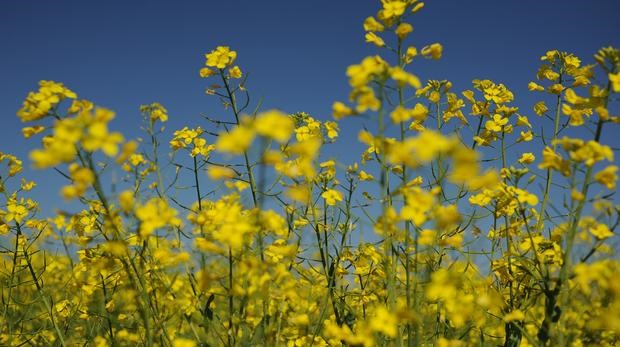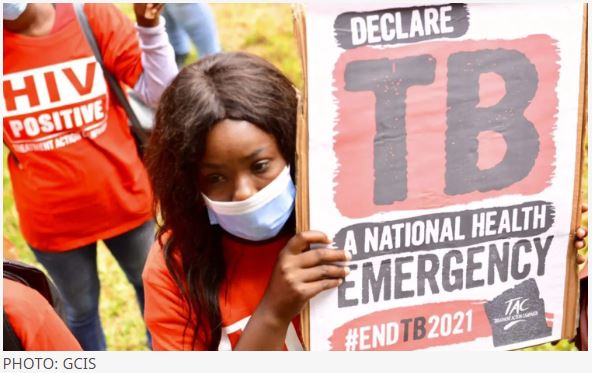Cape Town’s pollen level spike cause for concern
3rd September 2019


Pollen monitoring in SA
6th September 2019News / 4 September 2019, 7:25pm / Staff Writer
Cape Town – If monitoring is not ramped up in South Africa, scientists predict that pollen counts will quadruple in the next 20 to 30 years, making life unbearable for those with pollen sensitivities.
UCT’s Lung Institute head of allergy Professor Jonny Peter, responsible for monitoring pollen in South Africa, said that due to funding constraints the unit had only been able to consistently track pollen in Cape Town for the last 30 years, while other parts of the country were monitored sporadically.
Peter is currently trying to raise funds to expand pollen tracking nationally.


File picture: Henk Kruger/African News Agency (ANA)
This year saw some of the highest recorded pollen counts in history, which had cities from Europe to the US covered in clouds of pollen as a result of global warming.
“There are several factors related to climate change that fuel increases in allergens,” Peter said. “These include carbon dioxide (CO2) and other heat-trapping gasses that are causing the earth’s temperature to rise. This, in turn, increases the growth rate of plants and the amount and potency of pollen in the air. To sum it up, CO2 is like miracle fertiliser for pollen and we’re producing it at a rapid rate.”
Peter noted that it was only after a spate of asthma deaths and thousands of emergency room admissions in a 24-hour period as a result of a thunderstorm at the height of the pollen season in Melbourne three years ago, when countries started taking pollen monitoring more seriously.
“Due to the changing weather patterns, ‘thunderstorm asthma’ is becoming more common in certain parts of the world. If we have more pollen data to work with, we’ll be able to develop a public warning system if and when our region becomes vulnerable to these types of storms.”
UCT aerobiologist Dilys Berman concurred with Peter and said grass pollen in Cape Town had already increased four-fold last spring after the 2015 to 2017 rain-scarce winters.
“While this year we have managed to extend pollen monitoring to seven of the 10 biomes in South Africa - thanks to funding provided by Clicks, Twinsaver, Thermo Fischer and A Vogel Echinaforce - our aim is to have national coverage in place before the end of the year, which is why we are calling on the public to help us reach our target by way of a crowdfunding campaign,” said Peter.
“Each pollen trap costs in the region of R150 000 to maintain over a 12-month period and our goal is to set up another three traps within the next few months.
“Having a better handle on pollen will help us to tease out the impact that climate change and other factors have on pollen production, while providing relief to patients,” he added.
For more information on pollen allergies, the UCT Lung Institute’s pollen monitoring programme and how to donate, visit www.pollencount.co.za
https://www.iol.co.za/capetimes/news/pollen-counts-could-quadruple-in-sa-in-coming-years-warns-scientists-31823832



